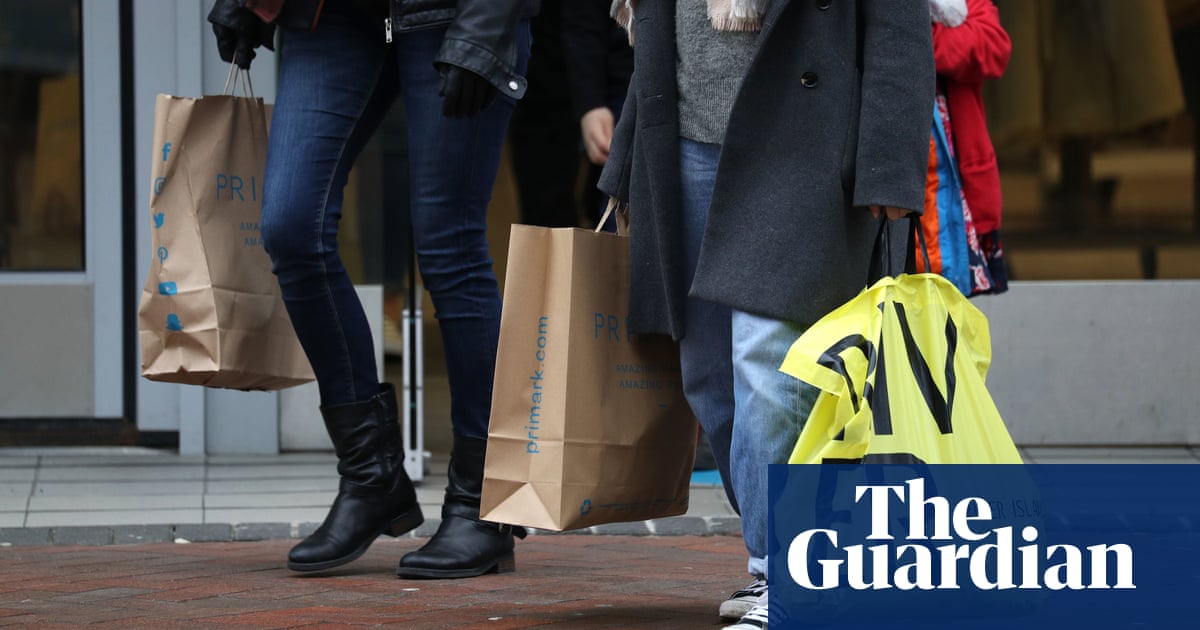
The UK hotel industry could take four years to return to 2019 levels of business, even if an effective vaccine helps the sector to recover from the deep financial hit caused by Covid 19.
The daily revenue per hotel room – a key indicator for the sector – is not expected to revive to 2019 levels until 2024 in London, and 2023 across the rest of the UK, according to forecasts published on Tuesday by the accounting firm PricewaterhouseCoopers (PwC).
Renewed lockdowns, the decline in foreign tourist numbers and the near disappearance of business travel have left hotels struggling to attract customers, with a dramatic effect on their earnings.
The fall in corporate demand as well as the absence of big live sport or music events meant big city hotels were suffering the most, while missing out on the increase in Britons staying in the UK for their holidays.
Hotel rooms are expected to be occupied for an average of 45% of the time during 2021. While that would represent an improvement on the rate of between a third and two-fifths in 2020, PwC said the industry was still facing an unprecedentedly bleak outlook.
London hotels will be particularly badly hit. Daily revenues per room in the capital have slumped to only £29 in 2020, less than a quarter of the £129 achieved in 2019, PwC said – by far the biggest hit the industry has seen in comparable data dating to the 1970s.
The forecasts suggested revenues per room in London would recover to only £65 in 2021. Revenue per room in hotels outside of London had more than halved from £54 in 2019 to only £23 this year, but PwC said it would recover to £40 in 2021.
“The reason why London is so strong normally is that it’s heavily reliant on international travel and the corporate market,” said Samantha Ward, PwC’s UK hotels leader. “Unfortunately for London, it’s those two markets that have been hit hardest and will have the longest recovery.”
The bleak outlook for the industry has prompted concerns over the employment prospects of thousands of workers. The UK hotels and accommodation sector employed 433,000 in June, according to the Office for National Statistics, a decline of 27,000 from March, when the UK’s first lockdown began.
Ward said there was “no quick fix” for hotels struggling to make up for lost revenue, and there was a “ceiling” to domestic demand. Cities outside London that had been particularly affected by the drop in tourism included Edinburgh, Oxford and Cambridge, she said.
However, some areas had benefited from the increase in domestic leisure travel. Ward cited costal and rural areas such as Bournemouth, Devon and Cornwall that had reported an increase in revenue per room as British holidaymakers opted to spend their money at home.












